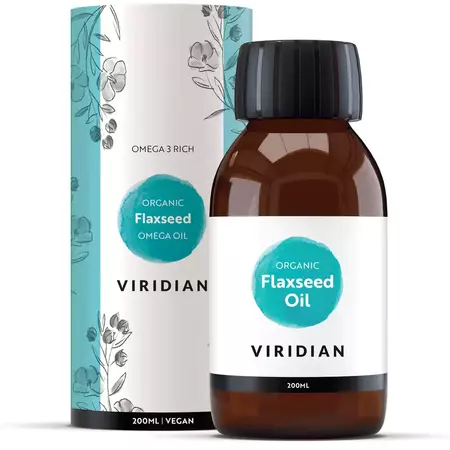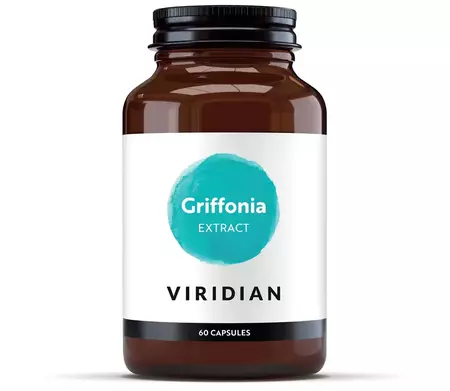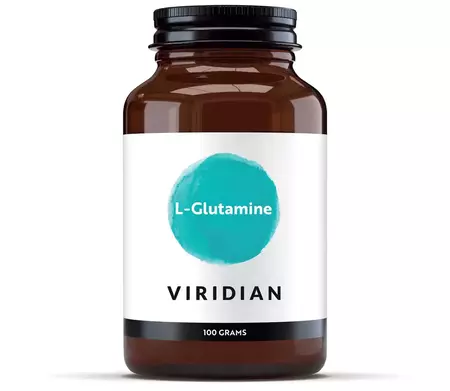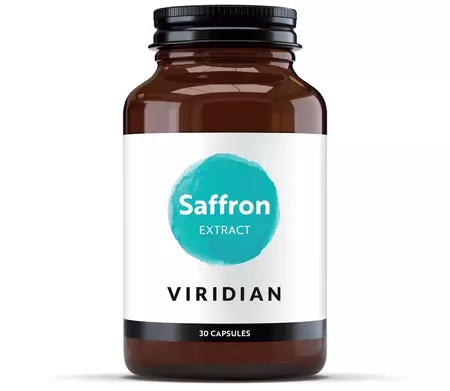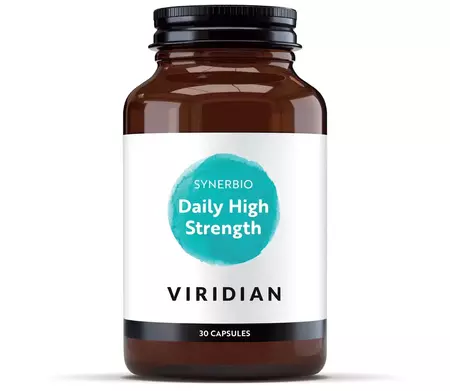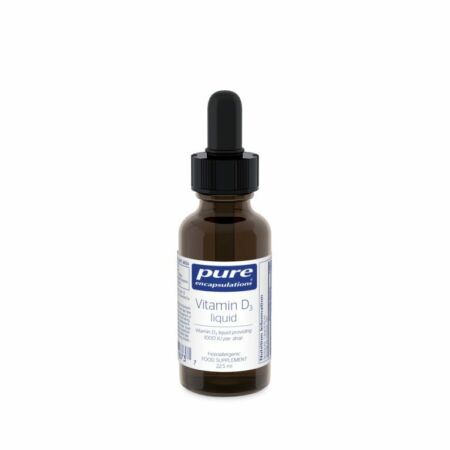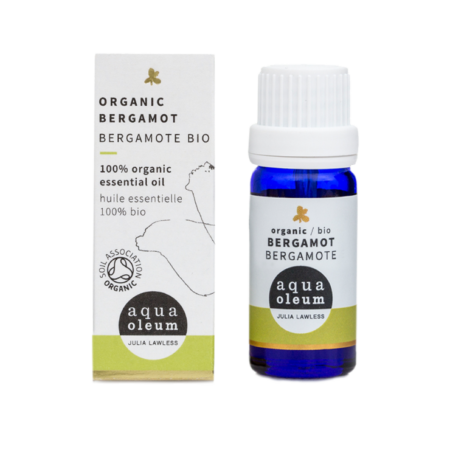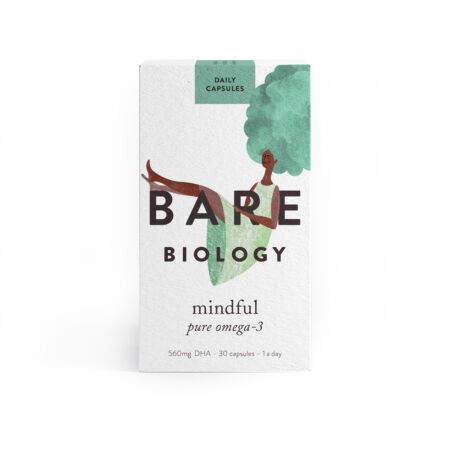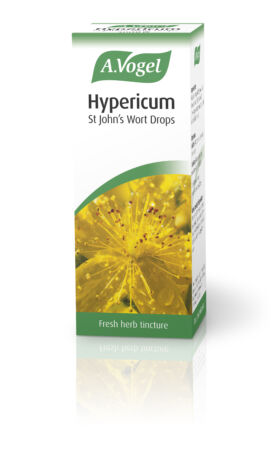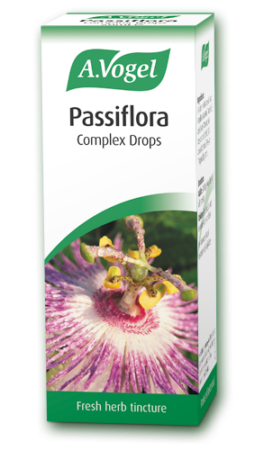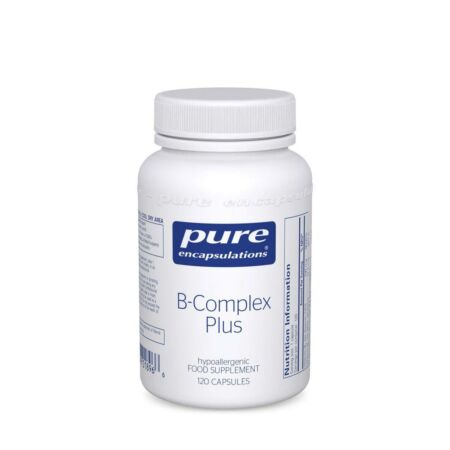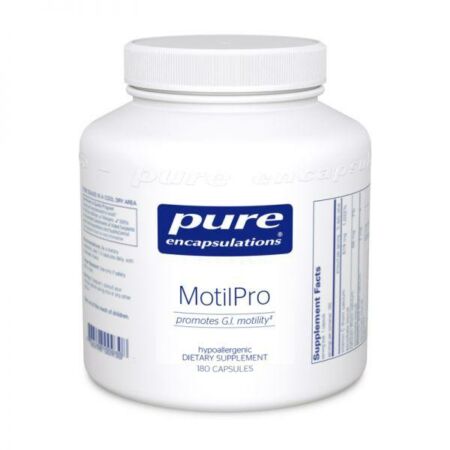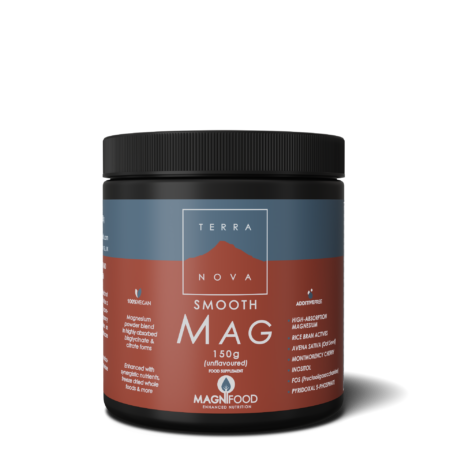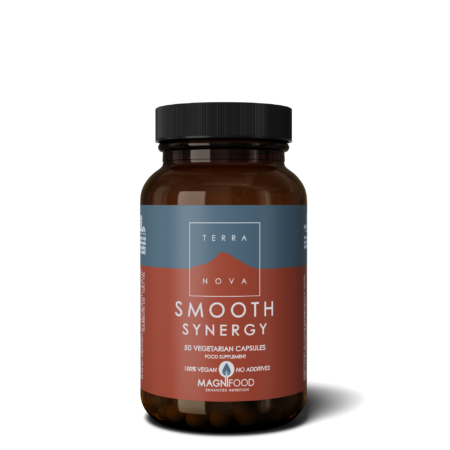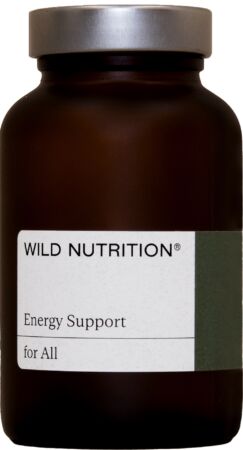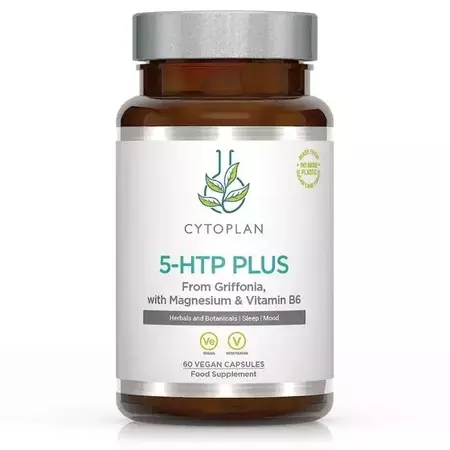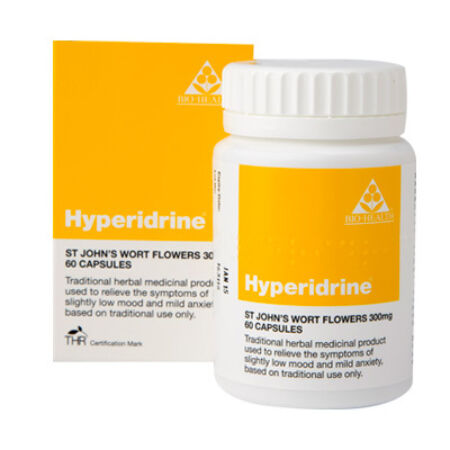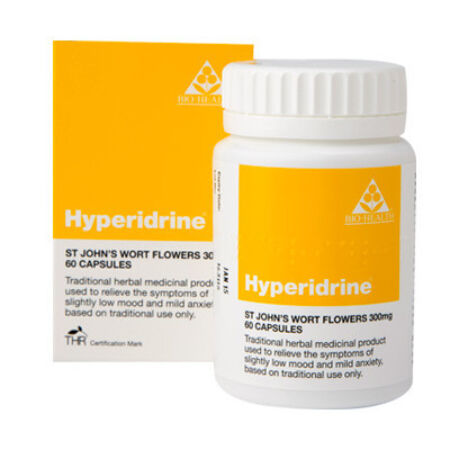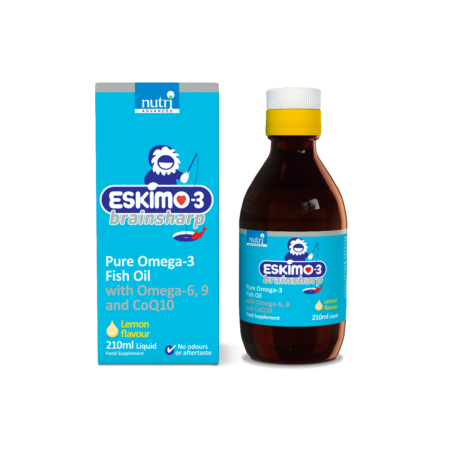What is depression? Why do we get depressed? Read supplement, lifestyle and dietary advice, as well as herbs helpful for depression, Therapy Approved by our expert Nutritional Therapist team in Wilmslow Cheshire
Depression - What is it?
Major depression is a prevalent disease that significantly reduces social functioning and lowers quality of life. According to the World Health Organisation's report, major depression was ranked as the third most significant cause of burden of disease globally. The report also estimated that major depression would become the leading burden of disease by 2030[i].
Naturopathic medicine approaches to depression typically view depression as a multifactorial condition that can arise from a combination of physical, emotional, and environmental factors. Naturopathic doctors aim to identify and address the underlying causes of depression, rather than just treating the symptoms.
Naturopathic medicine approaches to depression may include dietary and nutritional interventions, such as addressing nutrient deficiencies or imbalances, as well as lifestyle modifications, such as exercise, stress management, and sleep hygiene. Naturopathic doctors may also use herbal remedies and supplements to support the body's natural healing processes and address imbalances.
In addition, naturopathic medicine approaches to depression may include mind-body techniques, such as mindfulness, meditation, and counselling, to help patients manage stress, improve mood, and address emotional issues that may contribute to depression. Overall, the goal of naturopathic medicine approaches to depression is to support the body's natural ability to heal and achieve optimal health and well-being.
Why do we experience depression?
From the perspective of naturopathic medicine, there are several potential factors that may increase the risk of developing depression. These can include:
Nutrient deficiencies or imbalances: A lack of essential vitamins, minerals, and other nutrients can negatively impact brain function and increase the risk of depression[ii].
Poor diet: A diet high in processed foods, sugar, and unhealthy fats, and low in nutrient-dense foods like fruits, vegetables, and whole grains, can also increase the risk of depression[iii].
Chronic stress: Long-term stress can lead to imbalances in hormones, neurotransmitters, and other biological systems, which can increase the risk of depression[iv].
Lack of exercise: Regular physical activity is important for maintaining optimal mental health, and a lack of exercise can increase the risk of depression[v].
Environmental toxins: Exposure to toxins in the environment, such as heavy metals, pesticides, and air pollution, can negatively impact brain function and increase the risk of depression[vi].
Genetic factors: Some individuals may have a genetic predisposition to depression, which can increase their risk of developing the condition. It’s thought around 50% of the cause is genetic, and around 50% is unrelated to genes (psychological or physical factors)[vii].
It's important to note that depression is a complex condition with many potential causes, and there is often no single factor that can be identified as the sole cause of depression. Naturopathic medicine approaches to depression aim to identify and address all potential factors that may be contributing in order to support their overall health and well-being.
Diet and depression
People who are experiencing depression may resort to eating as a coping mechanism or to improve their mood. However, the types of food that they turn to can have a negative impact on their emotional state. Foods that are high in saturated fat, refined sugars, heavily processed ingredients, and caffeine are particularly detrimental. Maintaining a healthy diet and engaging in regular exercise can aid in managing depression symptoms, and in some cases, may even eliminate them entirely.
Foods to avoid for depression
While there is no one-size-fits-all answer to the question of what foods to avoid for depression, there are some general dietary recommendations that may be helpful for individuals struggling with depression.
Some foods and dietary habits that may exacerbate depression or increase the risk of developing depression include:
Highly processed foods: . Which often contain high amounts of sugar, unhealthy fats, and artificial additives, have been linked to an increased risk of depression. Consuming excessive amounts of sugar can lead to imbalances in blood sugar levels, which can negatively impact mood and energy levels. Studies indicate that ultra-processed foods are linked to depression[viii].
Alcohol: is a depressant and can worsen feelings of sadness and hopelessness.
Trans fats: commonly found in fried and processed foods, have also been linked to an increased risk of depression.
Inadequate dietary protein: intake can negatively impact brain function and increase the risk of depression[ix].
Caffeine: It may be challenging for some to completely remove caffeine from their diet, but it is recommended to limit the consumption of caffeinated beverages, especially when experiencing symptoms similar to depression. Caffeine can interrupt sleeping patterns and cause anxiety, both of which could negatively impact one's depression[x].
Foods to Include:
Eating the right kind of carbohydrates can trigger the release of mood-lifting serotonin in the brain. Choose whole-grain – slow release carbohydrates high in fibre like root vegetables, fruits and foods instead of sugary snacks.
Omega-3s found in fish, nuts and sea greens can improve brain function and manage depression symptoms[xi].
Vitamin D found in fish, tofu, and milk, and selenium found in nuts, whole grains, beans, seafood, and lean meats have also been linked to reducing depression symptoms. Knowing the right foods to eat can help manage symptoms and prevent depression[xii][xiii].
However, it is important to recognise that individual needs and responses to changes may vary. Consulting with a nutritional therapist for a personalised nutrition plan that supports mental health can be beneficial for your unique condition. Speak to us today about seeing one of our expert nutritional therapist team in Wilmslow, Cheshire.
Supplements and their possible benefits for depression
Omega-3 fatty acids: Found in fish oil and other vegan alternative supplements, can improve mood and reduce symptoms of depression[xiv][xv]. Bare Biology Mindful Fish Oil Oil Liquid and Cytoplan Vegan Omega 3 Liquid
Vitamin D: Low levels of vitamin D have been linked to depression, and supplementing with vitamin D may help improve mood. Research indicates that there could be a connection between depression and vitamin D. Vitamin D is a crucial nutrient that affects various bodily functions, including mood and cognitive performance[xvi]. Several studies have shown that individuals with depression are more likely to have inadequate vitamin D levels, and taking vitamin D supplements may alleviate depression symptoms. It is a good idea to get your levels tested with a blood test, especially coming out of winter. It’s also good to check your levels are not too high if you have been supplementing a lot. Pure Encapsulations Liquid Vitamin D3 (1000IU per drop).
B vitamins: Several B vitamins, including B12 and folate, have been linked to depression. Supplementing with these vitamins may help improve symptoms[xvii]. Folate, a naturally occurring B vitamin, is needed in the brain for the synthesis of norepinephrine, serotonin, and dopamine. Whilst adequate B12 prevents nerve damage[xviii]. Pure Encapsulations B Complex Plus or Wild Nutrition Energy Support for All
Saffron: A spice commonly used in cooking, can be as effective as some antidepressant medications in reducing symptoms of depression. Research shows saffron extract might inhibit serotonin reuptake in synapses in the brain[xix]. Viridian Saffron Extract With Marigold
St. John's Wort: A natural supplement that has been used for centuries to treat depression, has been shown to be effective in reducing symptoms of mild to moderate depression. Bio-Health Hyperidrine/St Johns Wort
Bergamot: Bergamot essential oil aromatherapy provided several beneficial effects to participants including reduced heart rate, blood pressure, stress responses, depression, and anxiety[xx]. Aqua Oleum Bergamot – Organic
5HTP: 5-HTP is a type of dietary supplement that is frequently used to treat depression. The amino acid 5-HTP aids in the production of serotonin, which is a neurotransmitter that helps to regulate mood, sleep, and appetite. Some studies have suggested that lower levels of serotonin may contribute to depression and other mood disorders. Taking 5-HTP supplements can boost serotonin levels in the brain, which may help to relieve symptoms of depression[xxi][xxii]. Although 5-HTP can be purchased without a prescription, it is critical to speak with your GP or prescriber before starting any new supplements or medications, particularly if you are currently taking antidepressants or other medications. Cytoplan 5-HTP Plus and Pure Encapsulations MotilPro: MotilPro is a unique combination of nutrients, including 5-HTP and ginger. Provides pyridoxal 5′ phosphate (activated vitamin B6) and 5-hydroxytryptophan (5-HTP).
Lion's Mane: Numerous studies have revealed that Lion's Mane mushroom and its extract provide a range of health benefits. The research indicates that Lion's Mane has the potential to protect against dementia, alleviate mild symptoms of anxiety and depression, and aid in the restoration of nerve damage[xxiii]. Additionally, researchers say Matcha, a traditional Japanese tea, can help boost mood and mental performance[xxiv]. Mushrooms 4 Life Organic Lion's Mane Plus Matcha and Cinnamon
Glutamine: Glutamine supplementation may provide significant adjunctive nutritional support in cases of depression by promoting proper gut health and function[xxv]. L-Glutamine Powder by Viridian
Passionflower has been seen in studies to help reduce stress and can therefore be helpful in the treatment of insomnia, anxiety, and depression[xxvi]. Passiflora Complex
Functional testing options for depression
Functional testing for depression involves looking at specific biomarkers in the body that can indicate imbalances or deficiencies that may contribute to depression.
Some functional tests that may be used for depression include:
- Hormone testing to assess cortisol, oestrogen, testosterone, and other hormone imbalances that can impact mood. Learn more about: Adrenal Stress Index, Complete Thyroid Panel
- Nutrient testing to evaluate the levels of key vitamins and minerals essential for brain function and mood regulation, including magnesium, zinc, B vitamins, and vitamin D. Learn more about: Dietary Antigen Test, Coeliac & Gluten Sensitivity Panel, Intestinal Permeability Profile, Metabolomix Plus, NutrEval
- Inflammatory marker testing to determine the levels of inflammation in the body, which can contribute to depression. Speak to your GP.
- Genetic testing to identify specific genetic variations that may increase the risk of depression or affect how the body processes certain nutrients or neurotransmitters. Learn more about: Genetic Testing
A nutritional therapist can work with you to suggest the tests you may need and analyse the results. Functional testing can reveal underlying issues contributing to depression and help design personalised treatment plans, such as targeted nutrient supplementation.
Lifestyle suggestions for depression
Incorporate regular exercise into your routine, aiming for at least 30 minutes of moderate-intensity activity most days of the week. Exercise has been shown to improve mood and reduce depression symptoms.
Prioritise getting adequate sleep, aiming for 7-8 hours of sleep per night. Maintaining a regular sleep schedule and establishing a relaxing bedtime routine can also help improve sleep quality.
Practice stress-reducing techniques, such as deep breathing, mindfulness meditation, or gentle yoga, to help manage stress and anxiety that may worsen depression symptoms. Try looking into breathwork sessions. Breathwork sessions may offer several potential benefits for individuals with depression. Some of these benefits may include:
Stress reduction: Breathwork techniques, such as deep breathing and pranayama, can help to calm the body's stress response and reduce feelings of anxiety and tension.
Focus on eating a balanced, nutrient-rich diet with plenty of fresh fruits and vegetables, whole grains, and lean protein. A healthy diet can support overall health and may improve mood.
Spend time in nature and take advantage of the calming and restorative effects of the outdoors. Even just a short walk outside can help reduce stress and boost mood.
Seek support from friends, family, or a mental health professional. Talking with someone you trust can help you feel less isolated and provide you with valuable resources and support to manage your depression.



